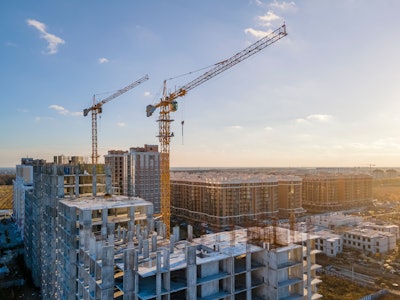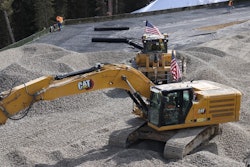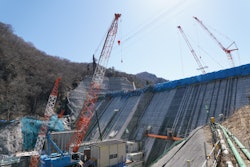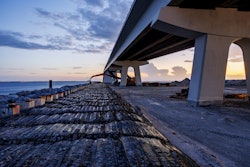
Global infrastructure projects continue to face major setbacks, with political instability, fragile supply chains, and outdated delivery models among the leading obstacles, according to new research involving leaders from projects such as Heathrow, JFK and Network Rail.
The World Bank estimates nine in 10 projects face delays or cost overruns, while McKinsey calculates inefficiencies at $1.6 trillion annually, a third in the U.S. With global infrastructure demand projected to reach $94 trillion by 2040, experts say systemic change is critical.
Revizto insights find that disruptions in projects are likely to increase due to coordination issues, cost overruns, delays and disruptions. To combat the problem, the research targets the main challenges facing infrastructure projects.
Top Five Challenges:
- Political and financial risk: Shifting policies and unstable backing create uncertainty.
- Lack of standardization: Inconsistent design and delivery approaches drive rework and inefficiencies.
- Outdated practices: Limited adoption of digital tools and automation slows progress.
- Fragile supply chains: Global shocks and climate risks expose vulnerabilities.
- Fragmented collaboration: Competing incentives and poor data sharing hinder outcomes.
Project leaders emphasized the need for long-term planning, government alignment, standardized models, and greater use of digital tools to deliver infrastructure that is on time, on budget and built to last.
See more about the insights from the research here.




















